Why this M’sian opened a holistic wellness centre in KL that combines 3 medical methodologies
RENN Asia Wellness is a centre offering nutritional and functional medicine, traditional chinese medicine, physiotherapy, and more.
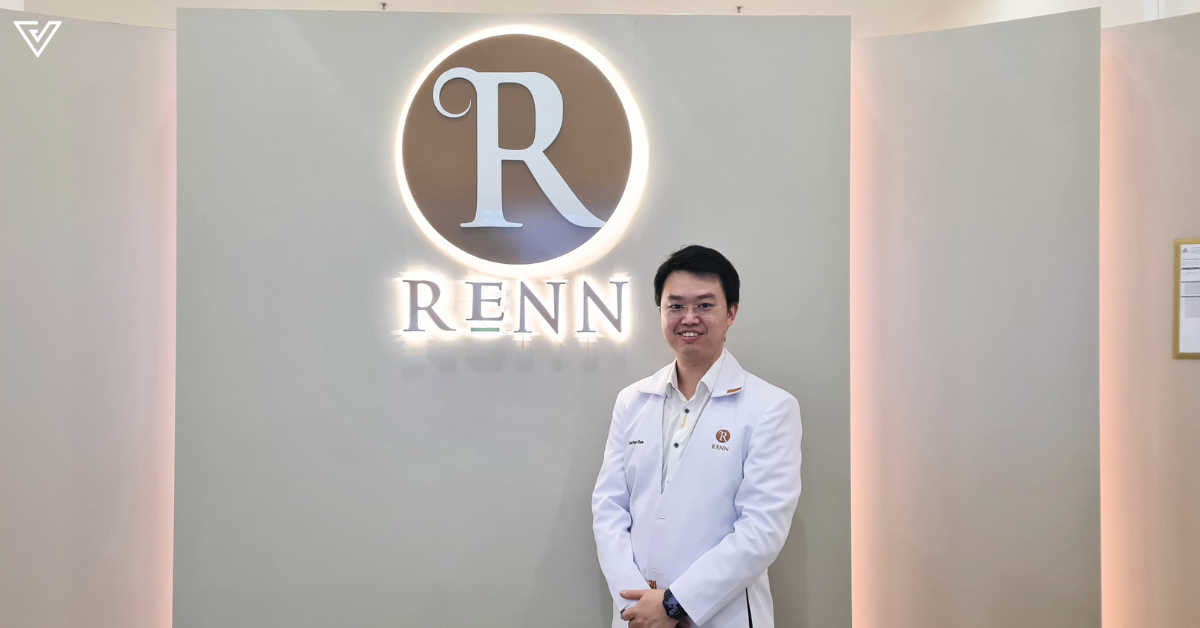
[Written in partnership with RENN Asia Wellness, but the editorial team had full control over the content.]
For many, it may seem natural to get aches and pains as you age. Health disorders like hypertension and sugar problems aren’t exactly shockers when you’re older.
But for Jonathan Chew, this mindset has never made sense. Surely, he thought, there was a solution out there.
“It’s ridiculous that there is no way to fix it, and that we have to live with it, or we have to live through our golden age suffering from these health disorders,” he mused.
“And worse, for certain people, they have to spend their life savings trying to fix their health problems, but end up not even having any solution at all.”
It’s this thought that pushed him to start searching for solutions. And he found his answer to better health and wellbeing in evidence-based, personalised natural holistic therapies—something that can be found at his place of business, RENN Asia Wellness.
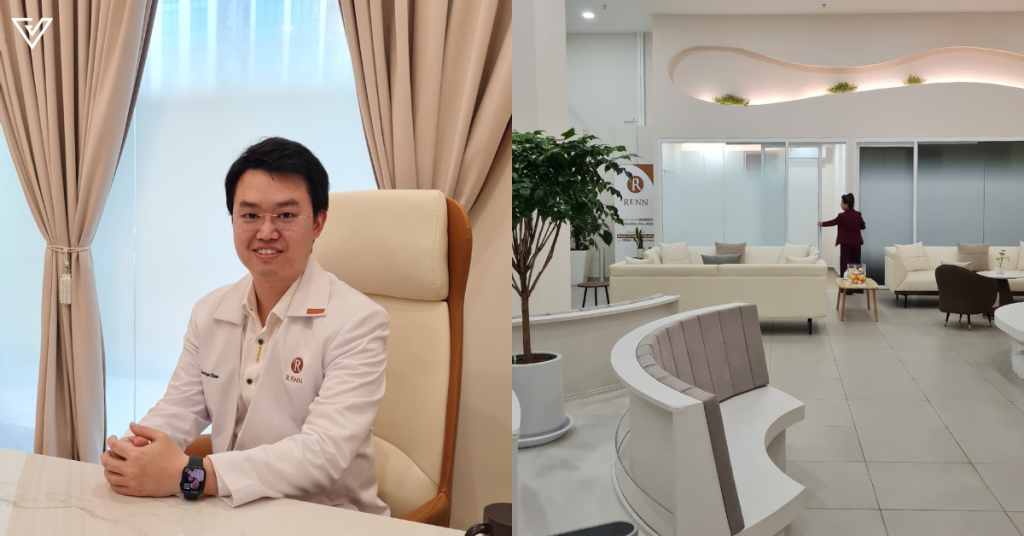
In the works for a decade
With a built-up area of approximately 8,500 sq. ft., RENN Asia Wellness can be found at the Vivo Retail Block of 9 Seputeh mixed development just off Old Klang Road in Kuala Lumpur.
Going into Jonathan’s office, you’ll get to familiarise yourself with his accolades and qualifications lining the four walls.
Graduating with a bachelor’s in medical bioscience from Monash Malaysia, Jonathan later got his professional qualifications from The Association of Nutritional and Functional Medicine Practitioners Malaysia, his anti-ageing fellowship from the US, and his Master’s from the University Yayasan Pahang.
Not one to stay stagnant, he’s also now in the final stages of obtaining his second Master’s from the University of Surrey.
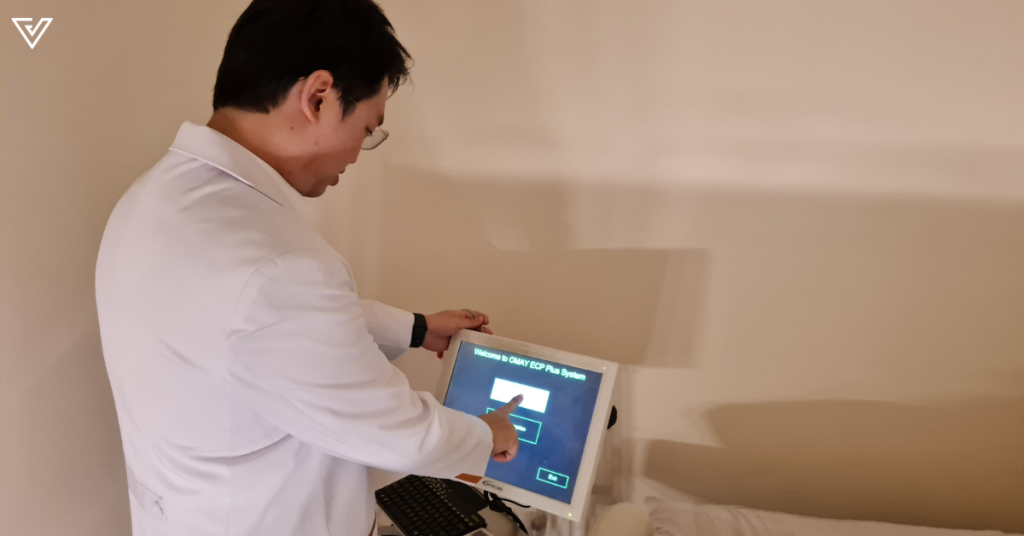
His foray into natural and complementary medicine started under the tutelage of Dato’ Sri Steve Yap at DSY Wellness and Longevity Centre in Ampang in 2013 upon graduating from Monash.
Back then, complementary medicine was practically unheard of. A pioneer in the local scene, Jonathan said Dato’ Sri Steve Yap brought nutritional medicine from the UK into Malaysia and developed it into a stronghold of complementary medicine locally.
Working with him has greatly shaped Jonathan’s career.
“The concept of RENN Asia has been inside me ever since the beginning, and with more exposure, experience and clinical cases, the feeling and desire have grown stronger,” he said. “I could easily say that this concept of RENN Asia has been brewing for almost 10 years.”
And now, in a post-pandemic world, it seems to be the perfect time to start. COVID-19, Jonathan believes, was a wake-up call for everyone to stop taking our immune system for granted.
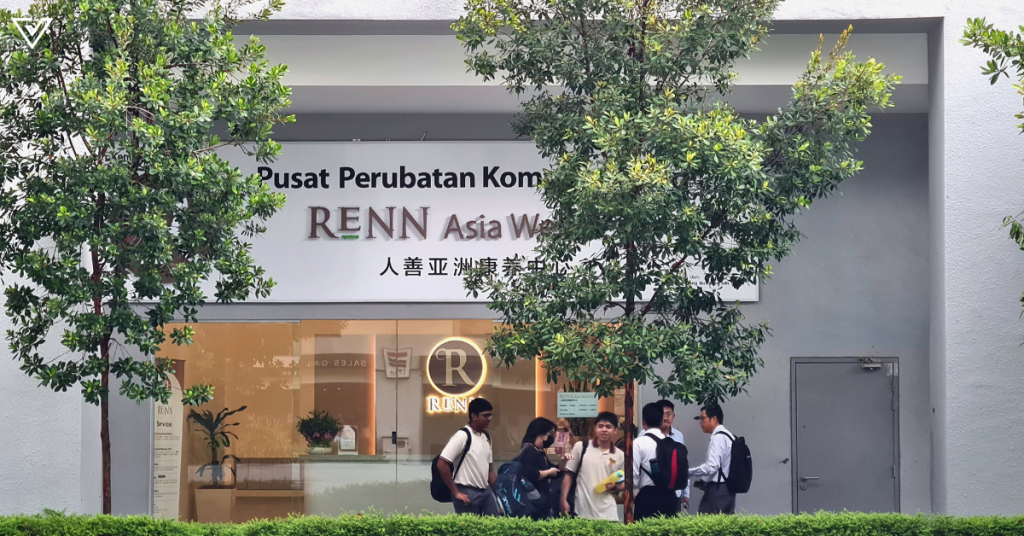
Bootstrapping the capital, Jonathan proudly opened the doors to RENN Asia in early 2024.
Bringing together different schools of medicine
But what’s so different about RENN Asia compared to your typical clinic, physio centre, chiro practice, or TCM spot?
Well, it’s the fact that it combines them to offer a well-rounded solution. But bringing different practitioners together is challenging.
“This is quite different compared to hospitals; though they have many different specialties, they all come under the same school of teaching or books,” Jonathan explained.
“But in RENN Asia, we are doing something that the public has not seen or heard of before by combining the three major medical modalities such as complementary medicine, conventional medicine, and traditional medicine.”
Conventional medicine refers to the common type of medicine in the Western world, practised by your typical doctors. Complementary medicine refers to the majority of other treatments that aren’t part of mainstream healthcare. Meanwhile, traditional medicine has roots in different cultures and beliefs, such as traditional Chinese, Malay, or Indian medicine.
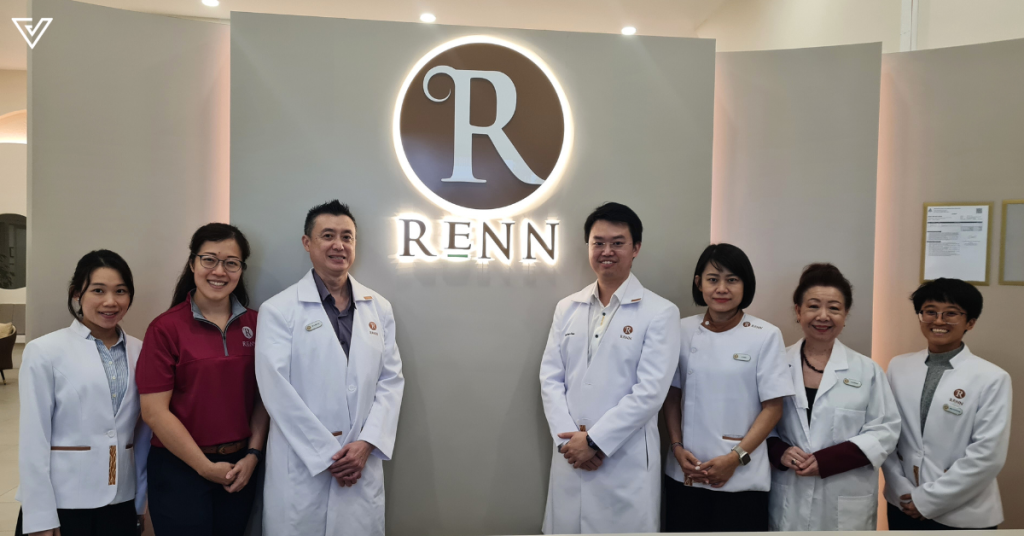
To get the right team members, Jonathan weeded talents through careful selection. Although the medical skills and knowledge of the practitioner are crucial elements, he focused on their mindset.
Practitioners who work in RENN Asia must be progressive, open, and collaborative in mindset. Jonathan believes that these fundamentals are required to ensure the whole team’s cohesion.
“History has taught us that without working together, no matter how strong the business is, it will eventually crumble,” he said. “Hence, to be able to achieve business longevity and sustainability, we need a cohesive and collaborative team.”
They now have 21 team members, comprising:
Two nutritional & functional medicine practitioners One functional medicine doctor Two physiotherapists One TCM practitioner One nursing practitioner Four nutritional therapist/nutritionist/dieticianThe others are administrative and back-end support and operations teams.
Accelerating forward
So far, things have been good for RENN Asia. Jonathan claimed that business developed in such a way that their plans for the second year were executed within six months of opening because of unexpected demand.
“We can report that first-year revenue has been satisfactory and we expect double-digit percentage growth for the next two years,” he claimed to Vulcan Post.
Although business is going well, many in Malaysia still aren’t aware of their range of treatment and protocols. In fact, the whole concept of wellness centres is still quite lacking.
“Perhaps awareness level is low because complementary medicine is still a fairly new medical modality in Malaysia,” he mused. “Regulations on complementary medicine have not been fully enforced yet.”
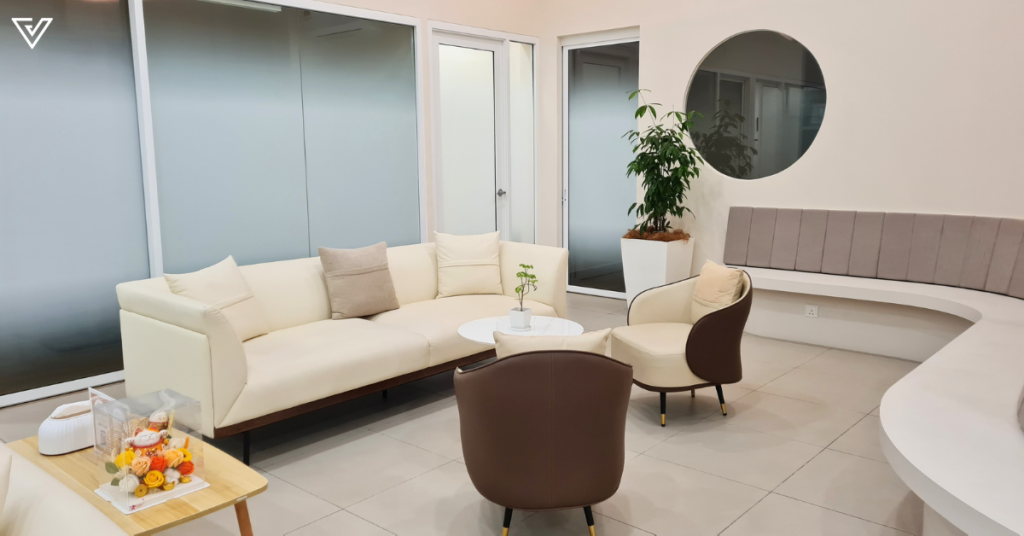
By regulations, he’s referring to the Traditional and Complementary Medicine Act. When fully implemented, modalities covered including Nutritional Medicine would be available in government healthcare settings and public tertiary education institutions. At the same time, it’ll be covered by insurance.
Even then, though, there may still be sceptics. To that, Jonathan believes that it comes down to open, honest conversations.
“In medicine, it is not a belief system but rather pure science,” he determined. “Hence, by providing the latest available evidence, most sceptics would be convinced.”
Keeping prices on the lower end
The founder believes that RENN Asia has been very well received by both members of the public and the medical community due to the innovative, holistic, personalised, and evidence-based therapies offered.
On top of that, they also focus on offering these solutions at a reasonable price.
“Balancing profitability while keeping bills affordable for clients is a deliberate choice for us,” he said. “It is not an easy decision but we do it to keep to our goal of making our solutions accessible to more people.”
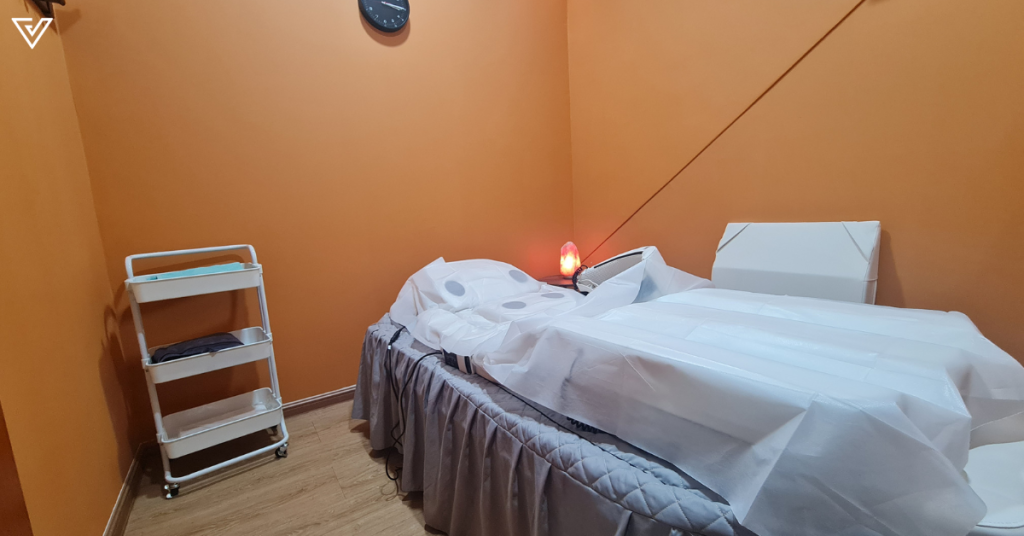
Compared to other centres, which are dependent on a singular stream, RENN Asia has dozens of revenue streams that all contribute to the overall income. And each modality contributes to the overall synergy of the centre.
Through this model, they are able to price certain offerings more affordably than others.
Going international
With solid footing right now, RENN Asia’s main focus is to mature the RENN Asia ecosystem.
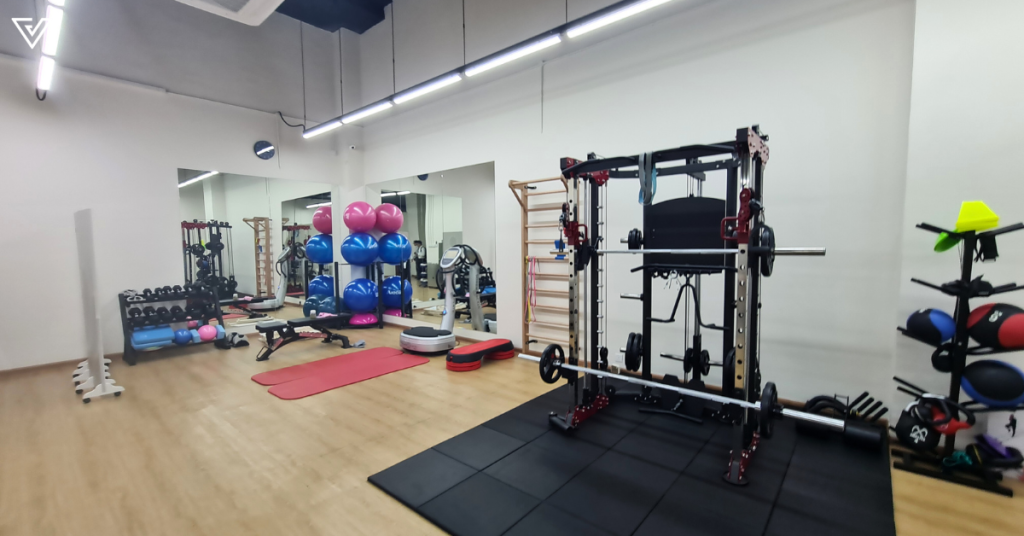
“With a strong client-based focus, we will start working on our entire wellness ecosystem, which includes a wellness café, book café, wellness clubs, wellness community, functional fitness, beauty and anti-ageing, and organic retail shops,” Jonathan added.
Ultimately, the idea is to bring the RENN Asia model across major cities globally, beginning with Asia before spreading their philosophy and influence worldwide.
Learn more about RENN Asia Wellness here. Read other articles we’ve written about Malaysian startups here.
 Hollif
Hollif 







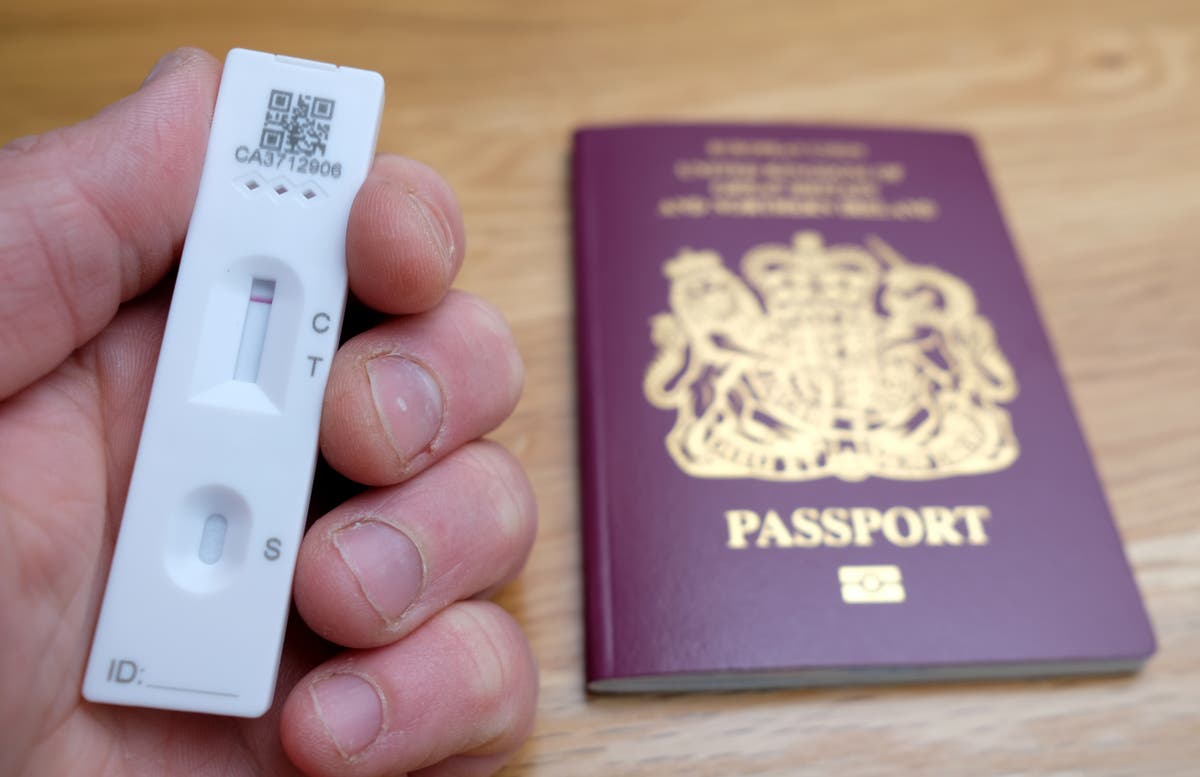


















![Run An Ecommerce SEO Audit in 4 Stages [+ Free Workbook]](https://api.backlinko.com/app/uploads/2025/06/ecommerce-seo-audit-featured-image.png)




